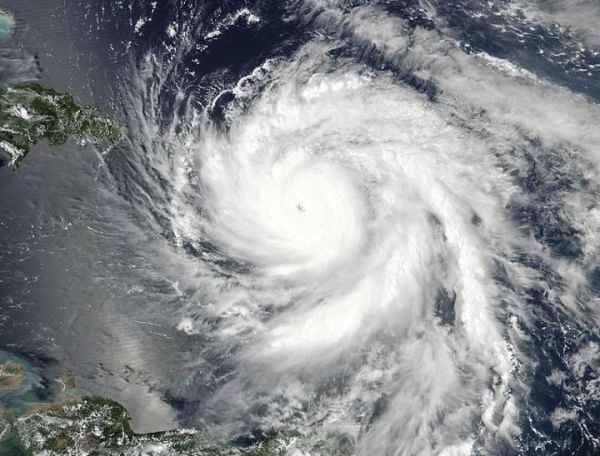In the autumn of 2017, hurricanes Irma and Maria destroyed Puerto Rico causing thousands of deaths, illnesses and suffering, which brought about a situation of serious economic, political and public health crisis, and widespread death and destruction. However, neither the US nor the Puerto Rican government reacted adequately to such a grave situation.
A scientific paper published recently in the journal Social Science & Medicine by researchers from UPF and the University of Puerto Rico discusses how this disaster has revealed the need to assess the critical social and environmental situation affecting the country and to study the underlying socioeconomic and political factors that contribute to aggravating the problems caused by hurricanes.
According to Joan Benach, a researcher with the Health Inequalities Research Group, Ecology - Employment Conditions Network (GREDS-EMCONET) of the Department of Political and Social Sciences at UPF and first author of the article, “the destruction caused by a ‘natural’ disaster associated with the climate emergency is not only an environmental-type cause, rather it should be understood as an eco-social phenomenon”.
The work, which is also signed by Eliana Martínez-Herrera and Juan Manuel Pericàs (GREDS-EMCONET), together with Marinilda Rivera Díaz and Nylca J. Muñoz, researchers, respectively, of the College of Social Sciences and of the School of Public Health at the University of Puerto Rico, critically and thoroughly scrutinizes Puerto Rican history and its colonial relationship with the United States in order find out what the root causes of this situation are and what future awaits the country.
Read more at Universitat Pompeu Fabra - Barcelona
Image: Hurricane Maria approaching Puerto Rico on September 20, 2017, with a maximum category of 5. (Credit: UPF)


